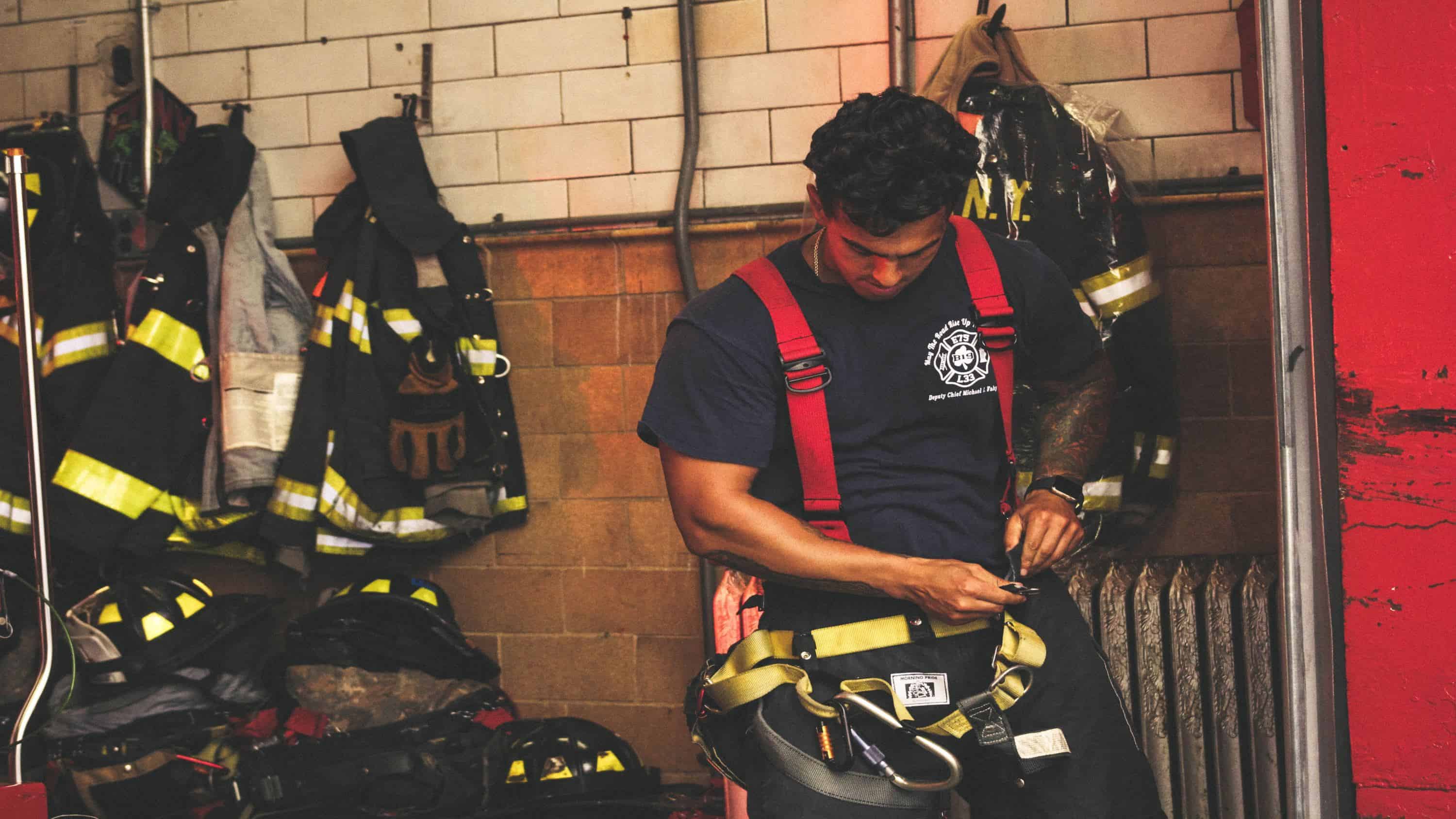In This Series:
- 1. Your First Responder Marriage: An At-Risk Relationship
- 2. TLC for the First Responder Marriage
- 3. Ben Woody: Firefighter, EMT and Husband
First responder marriages, or marriages in which at least one spouse serves as a police officer, firefighter, emergency medical technician (EMT) or related public-servant position, are at high risk for marital disharmony, infidelity and divorce. First responders work long hours, face frequent danger, witness countless traumatizing events and are at a higher risk for mental illness, substance abuse and suicide.
If you’ve ever found yourself wondering why you’re lonelier in a first responder marriage than you were when you were single, this set of articles is for you. Contained within are practical tips, prayer points and glimpses of hope.
There are several substantial plusses to a career in first response. Society will always have a need for firefighters, police officers and EMTs. The pay is regular and the benefits are comprehensive. But for every plus, there’s a minus that’s much harder to swallow. first responder marriages face the same challenges as civilian marriages, plus an entirely unique set.
You and your spouse can act preemptively by recognizing the stressors unique to first responder marriages. Are any of the stressors below plaguing your marriage? If so, pray together and brainstorm solutions. If not, ask yourselves how you would deal with these problems if they were to arise in the future.
- Long shifts, odd hours. Emergencies happen 24 hours a day, not just 9 to 5, Monday through Friday. In the field of first response, odd hours are often the exception rather than the rule. When a shift is over, a worn-out firefighter can’t walk away from a warehouse blaze. A bleary-eyed police officer can’t fall-out of a high-speed chase when the clock hits 5. As Murphy’s Law would have it, duty often calls during dinner, sex, a cozy date-night in, a birthday celebration – any time that’s disruptive.
- Increased tendency to become “lost” in work. The work of first responders is emotionally, physically and even spiritually consuming. Most first responders are passionate about their work and feel a sense of constant duty as a public defender. Consequently, it’s hard (and sometimes impossible) to say no to back-to-back shifts, overtime and bringing work home – possibly to the detriment of the family.
- Calamity one minute, calm the next. One minute a first responder is en route to his station; the next he’s involved in a hostage scenario, racing to save the life of a drowning boy or fighting for his life in a firefight between rival gangs. It may take a first responder hours, even days, to “come down” from the situation.
- Increased susceptibility to mental illness. National studies have found that first responders deal with significantly higher rates of substance abuse, domestic violence and suicide. One study found first responders to be six times more likely to commit suicide than the average civilian. The job of the first responder is an emotional rollercoaster, and its nature makes veterans susceptible to emotional numbness, hyper-vigilance, insomnia, cynicism, isolationism, disturbing flashbacks, Post Traumatic Stress Disorder and a host of other mental and emotional issues.
- Stretched budgets. Civil servants are never paid as much as they’re worth. As a result, first responders are often on limited budgets, especially if the family is single-income. Monetary issues, along with sex, are the top catalysts for martial arguments.




















